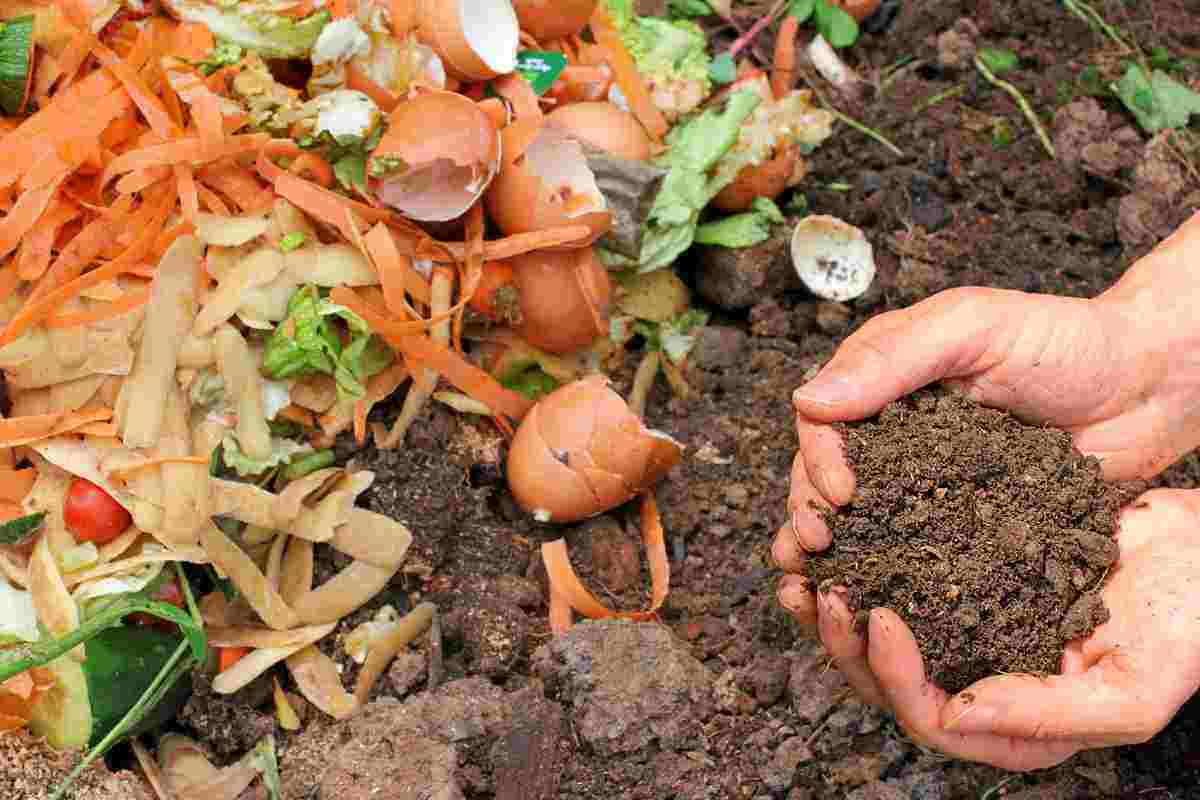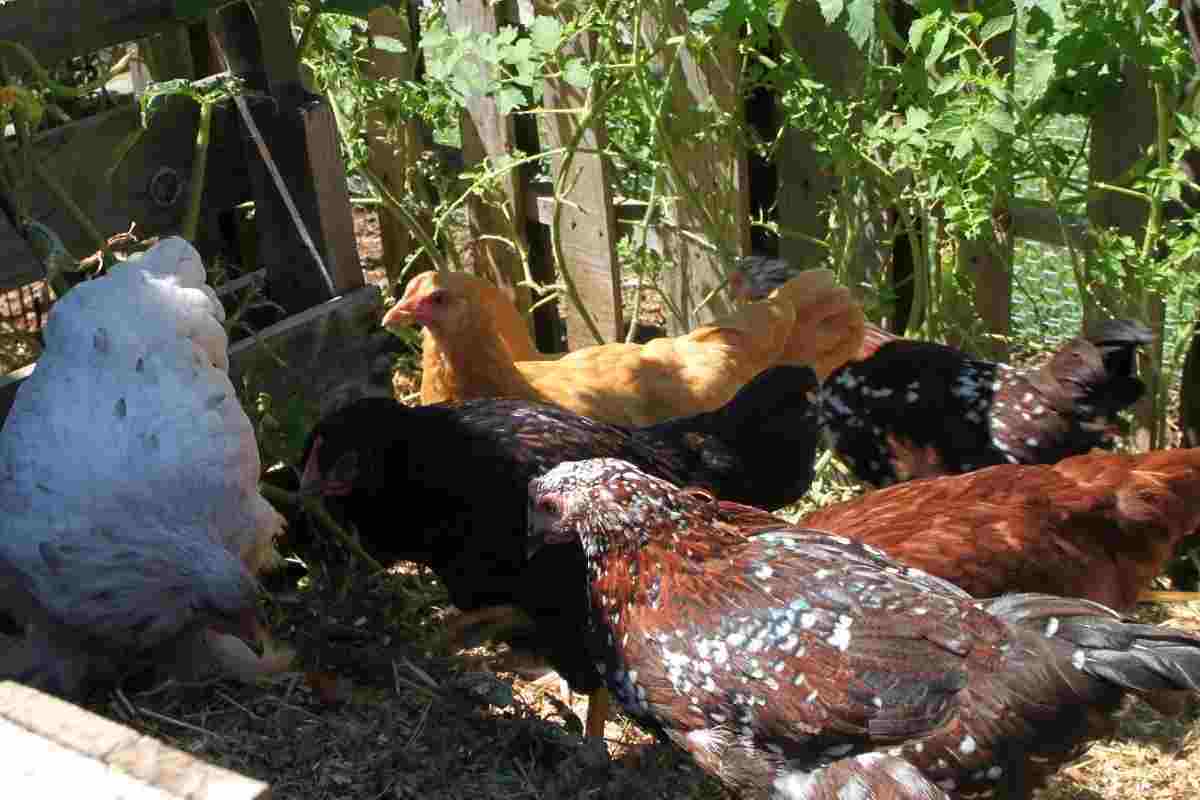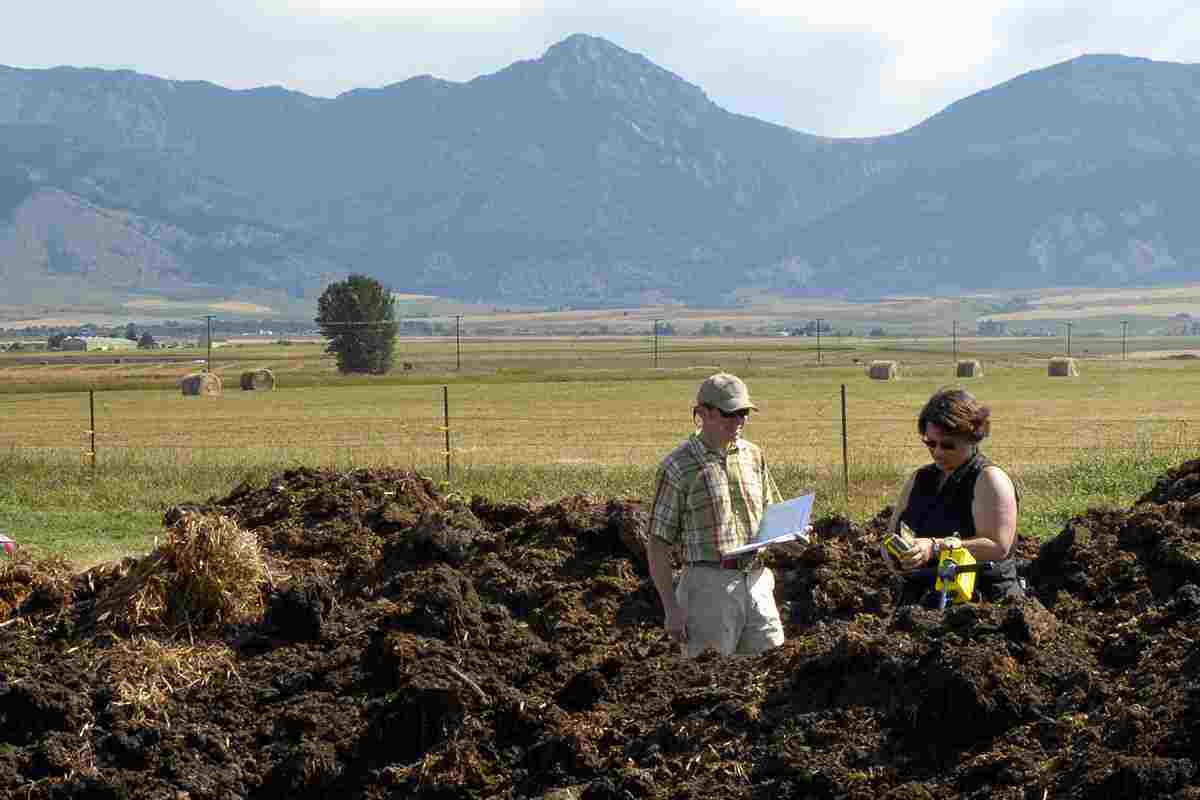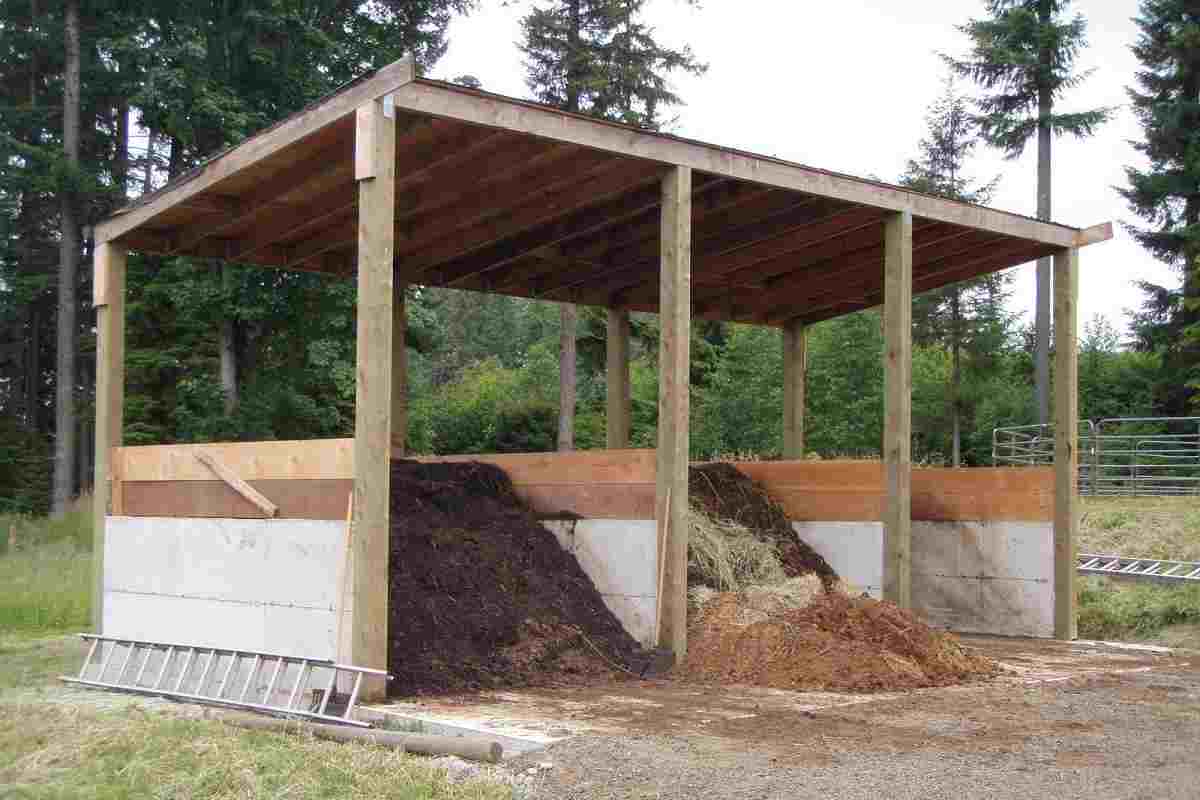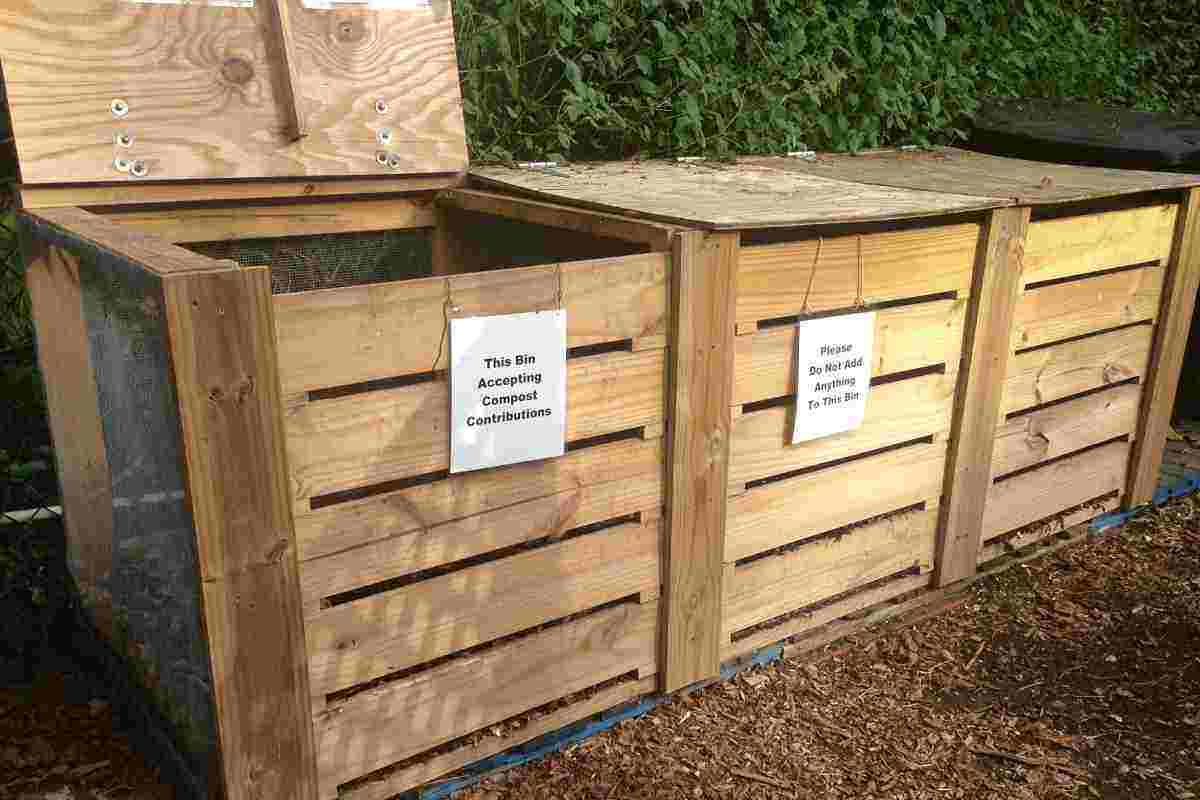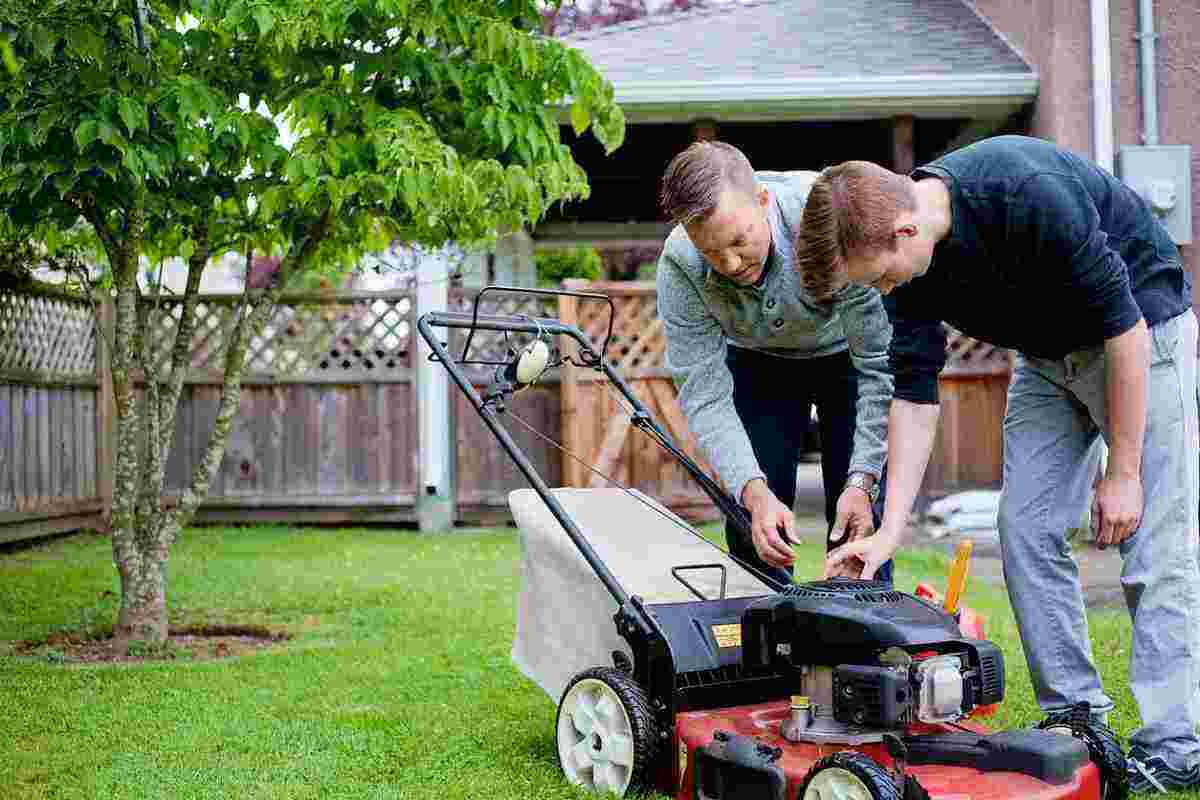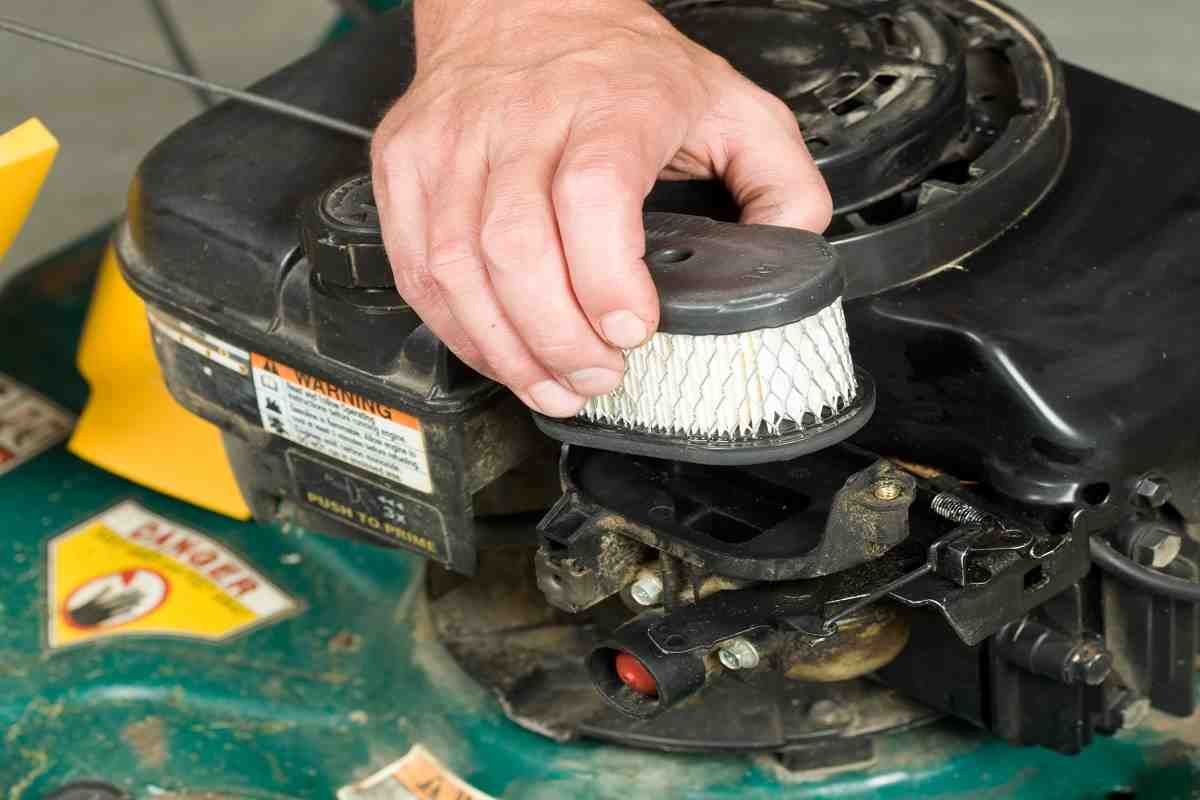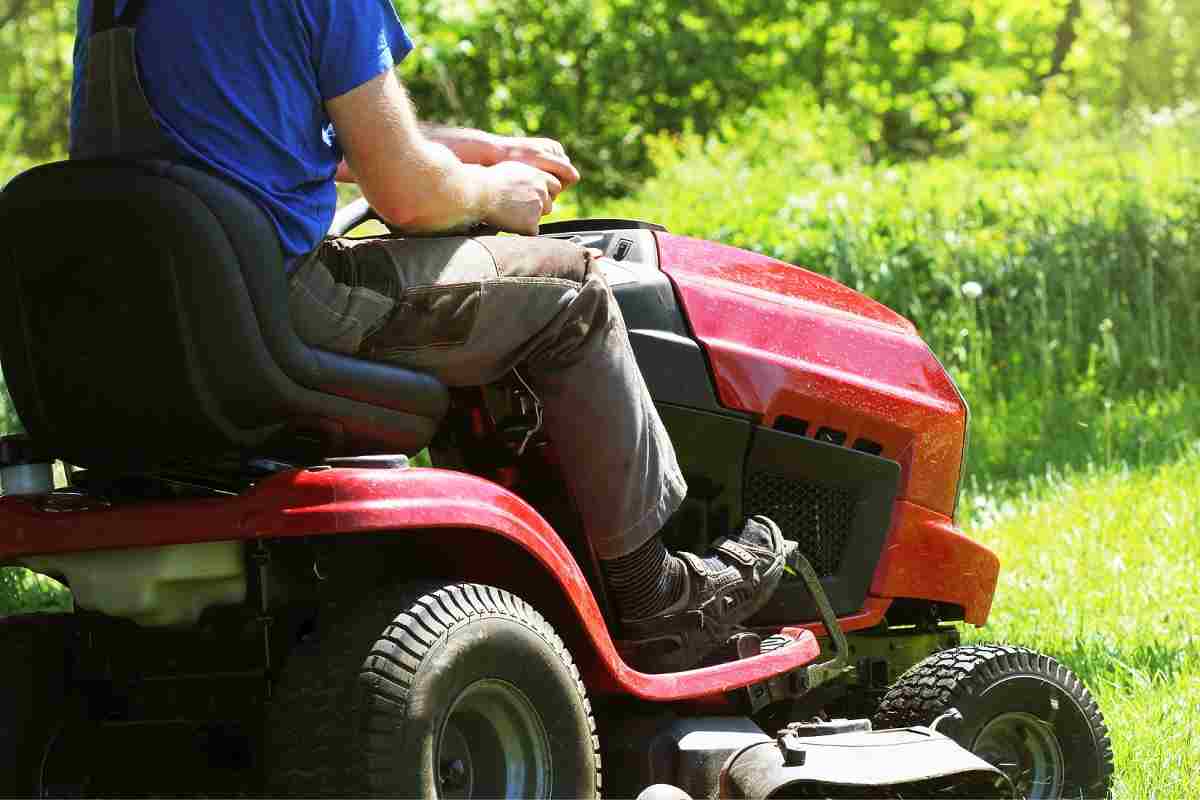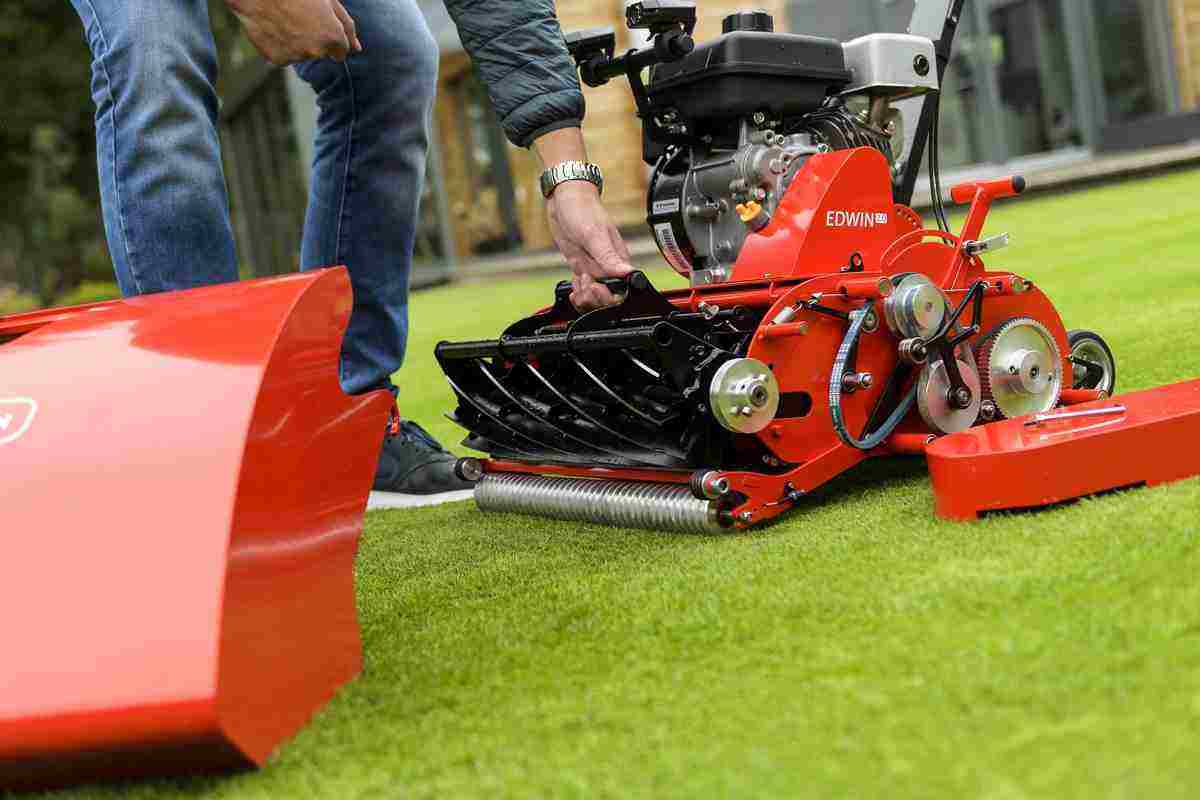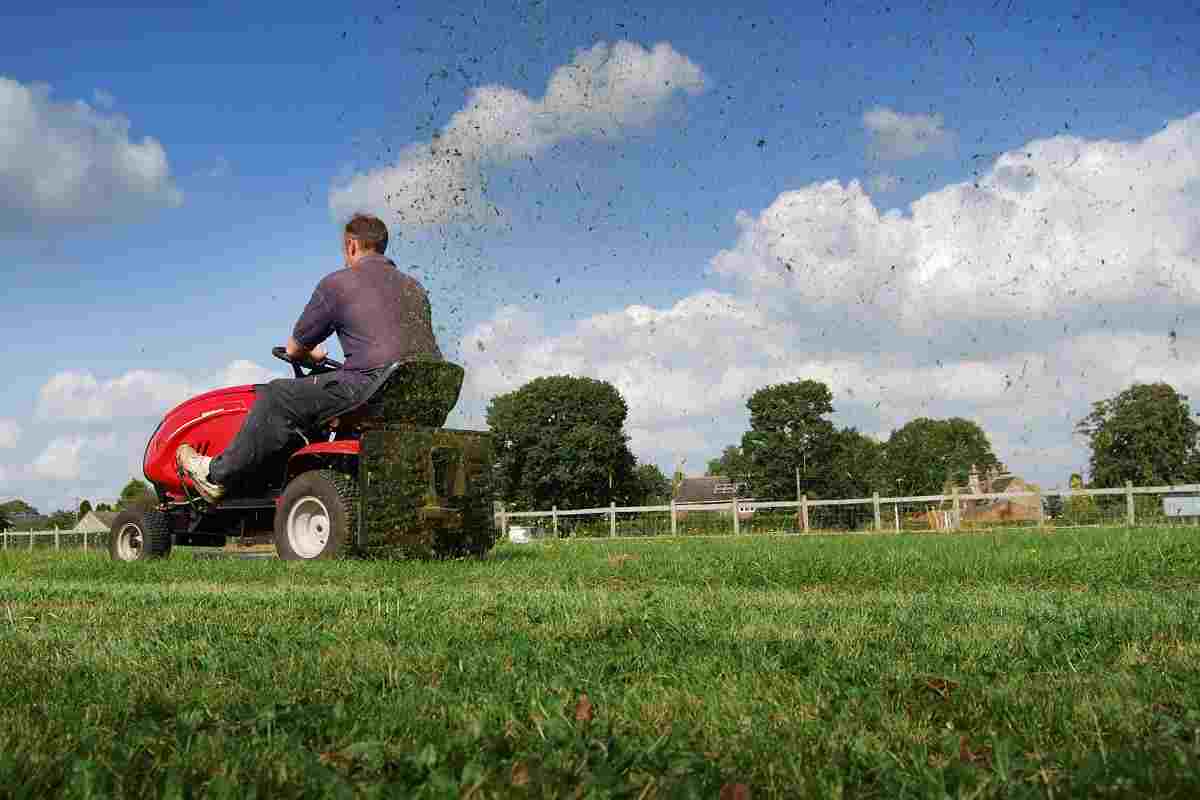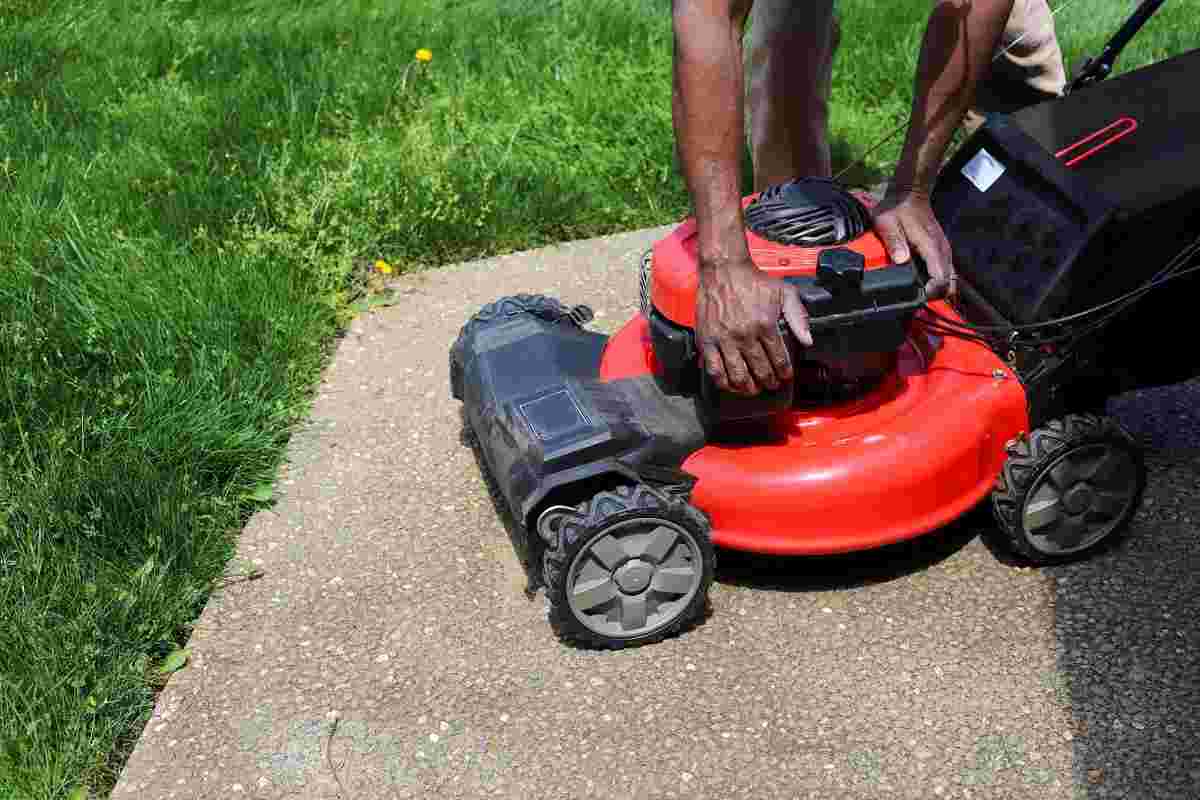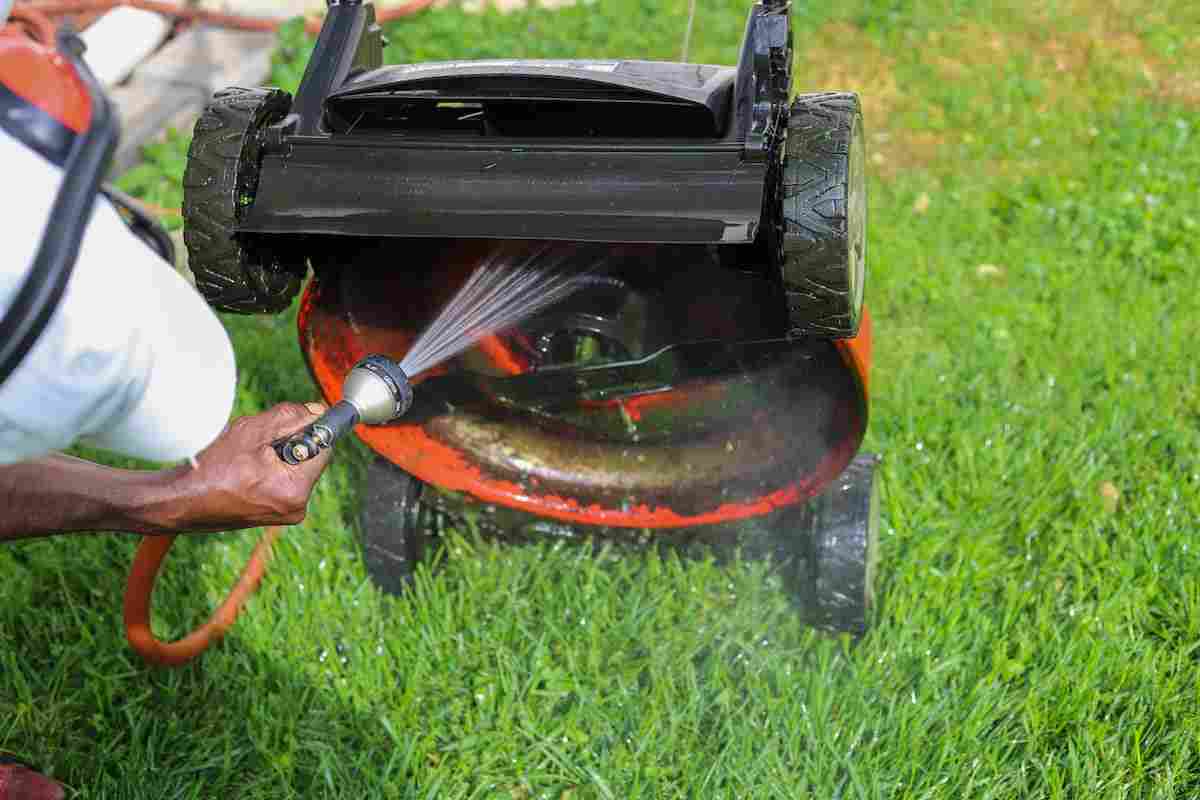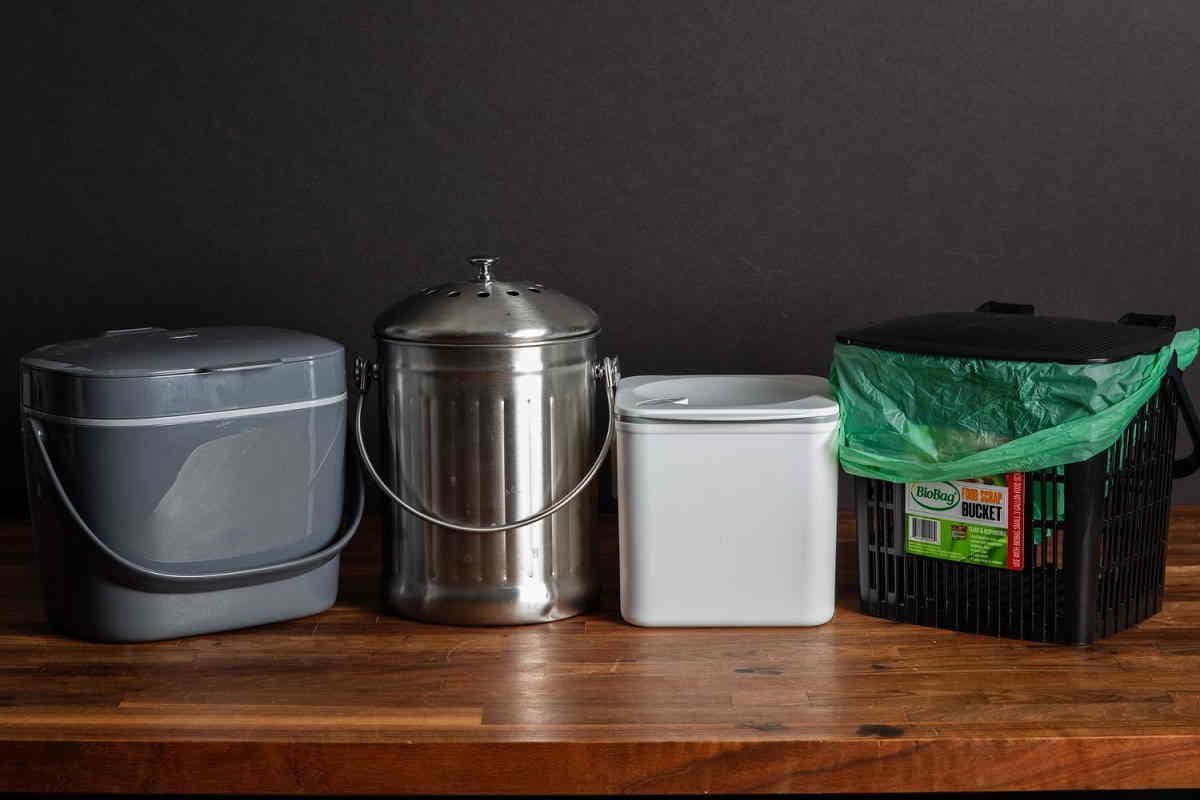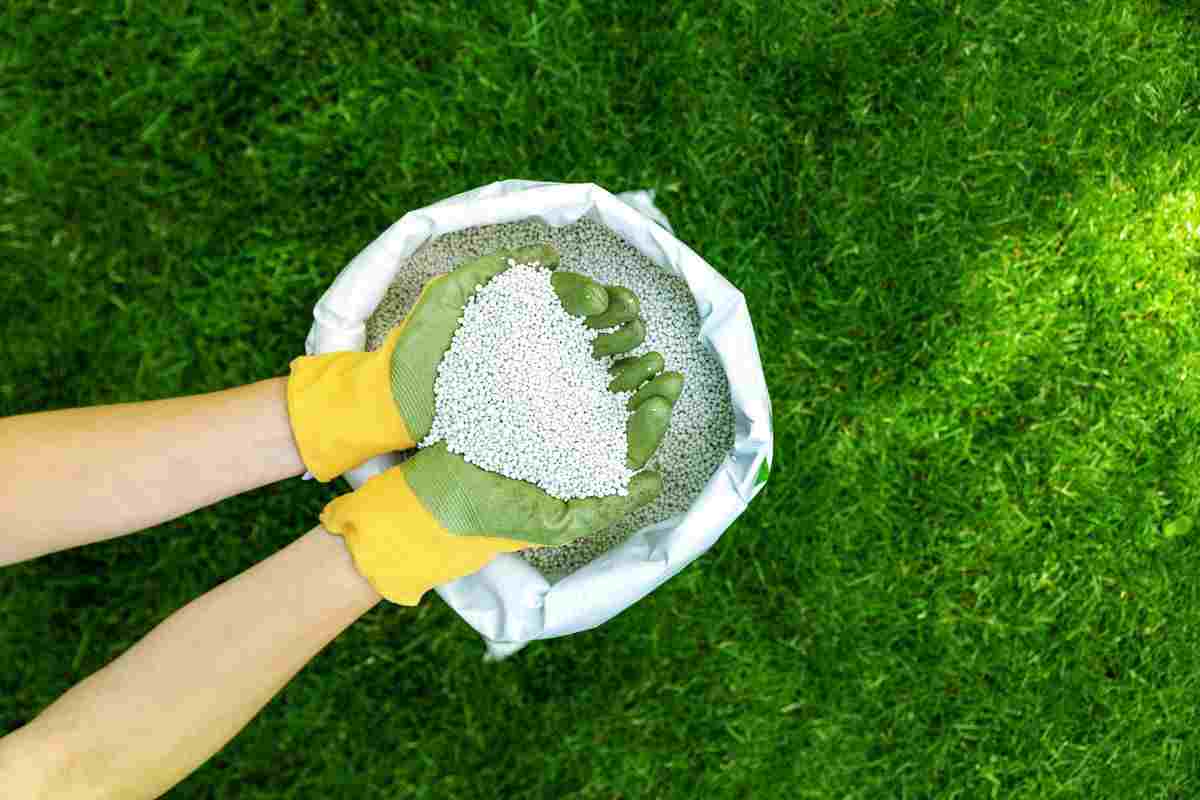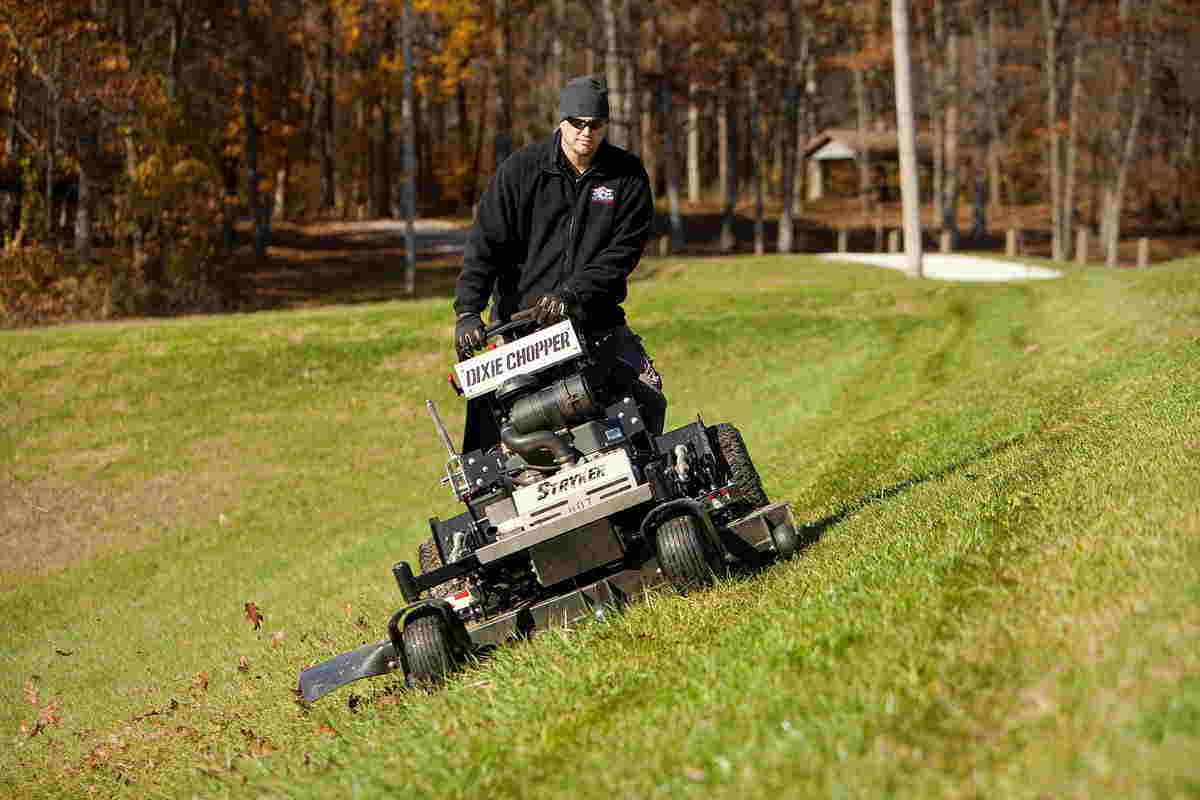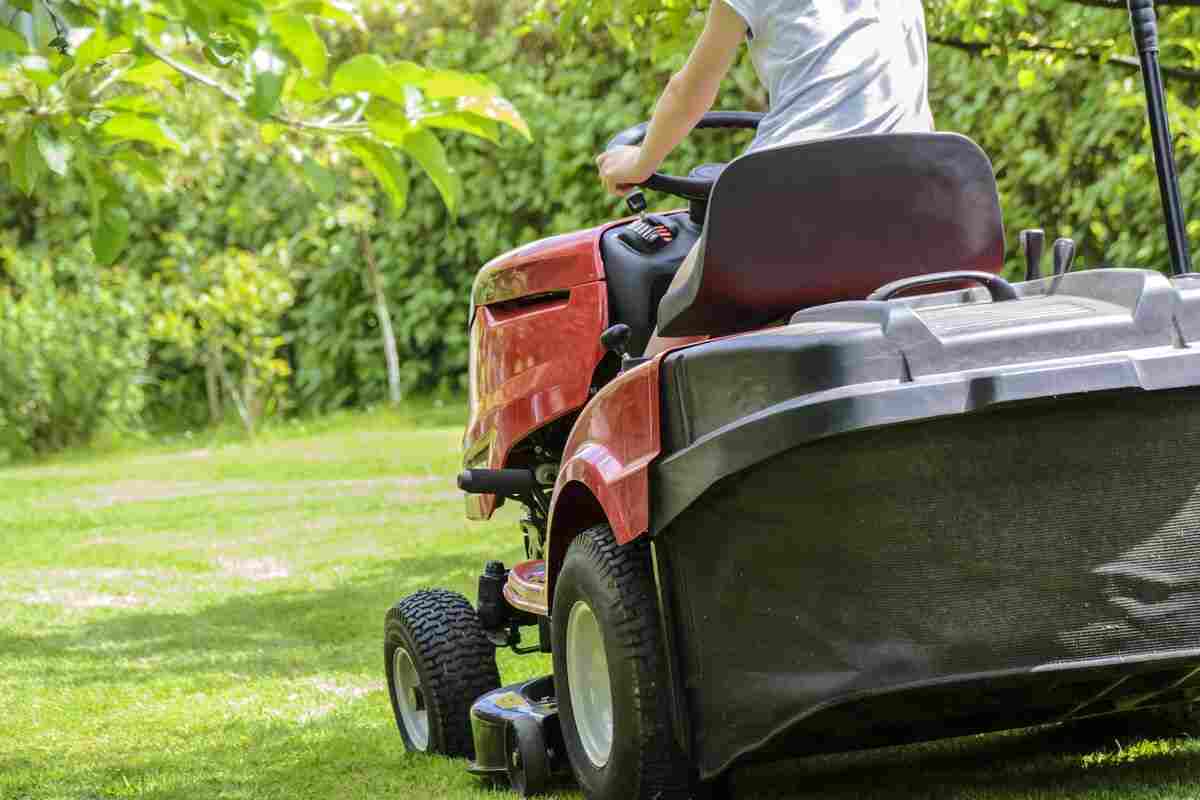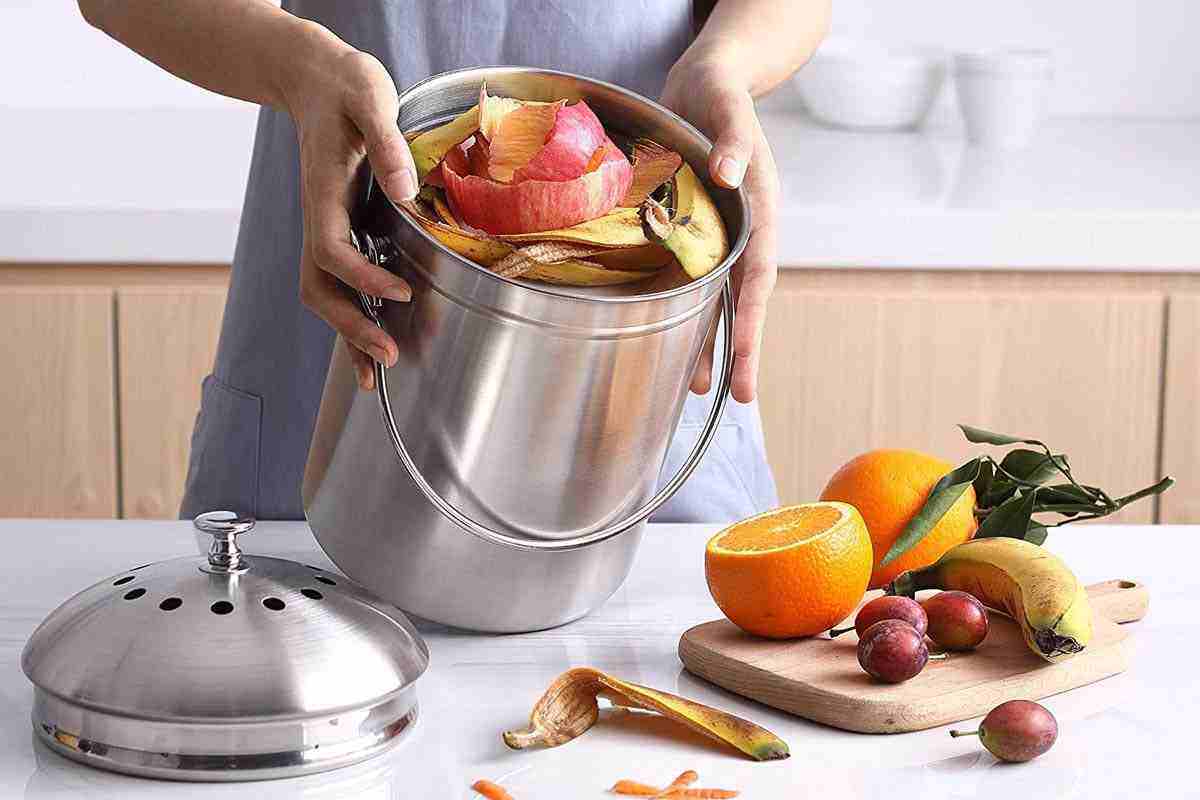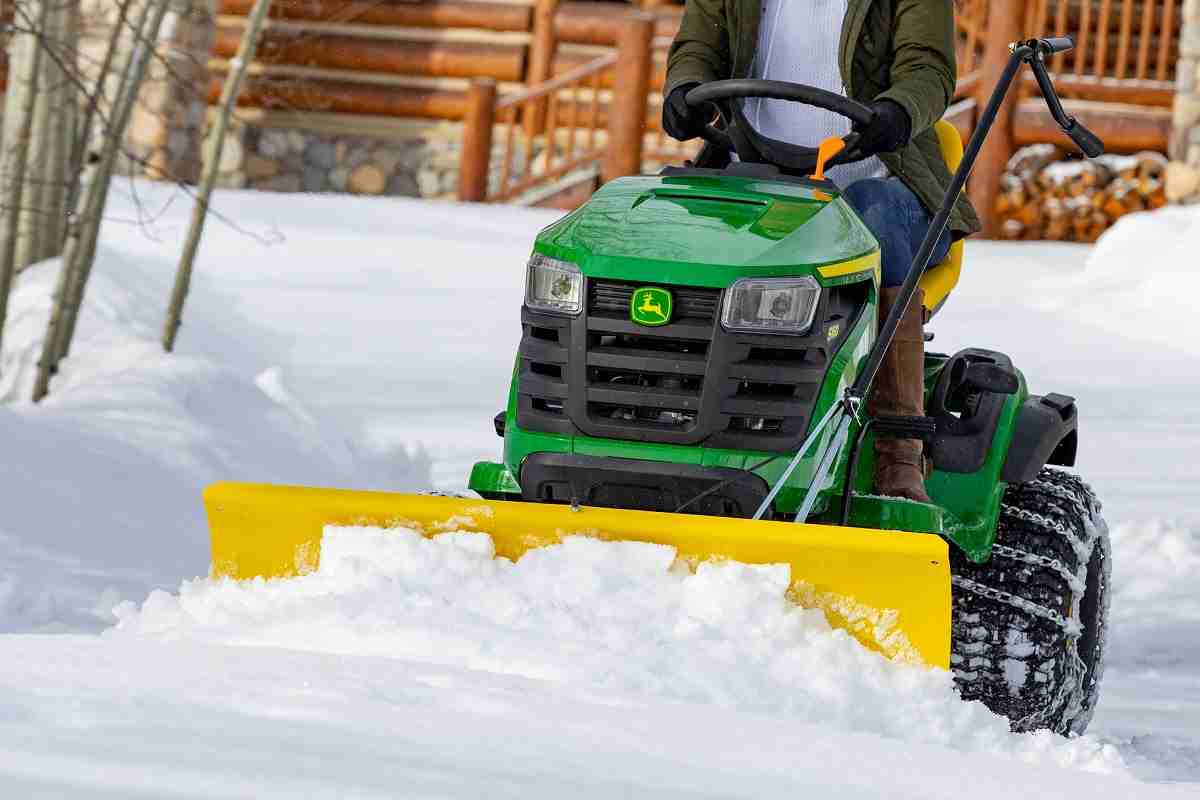How To Compost – The Complete Guide
There is a dire need to preserve the environment at this moment. What better way to start the revolution at home than to make your own compost? It will reduce waste and help maintain your garden. The question is – how to compost? This article will cover all you need to know about composting.
What Is Compost?
Before learning how to make compost, we must first know what compost really is.
Compost is a mixture of different types of organic waste, like vegetable peels, seeds, etc. It is also known as a ‘soil conditioner’ since it is rich in nutrients, and when mixed with soil, it acts as a fertilizer.
Composting
- The process of Composting is basically the disposal of compost in the soil. In the oxygen-rich conditions of the land, the compost decomposes naturally and acts as manure to the soil.
- The earthworms, bacteria, and other organisms in the soil are the prime decomposers.

